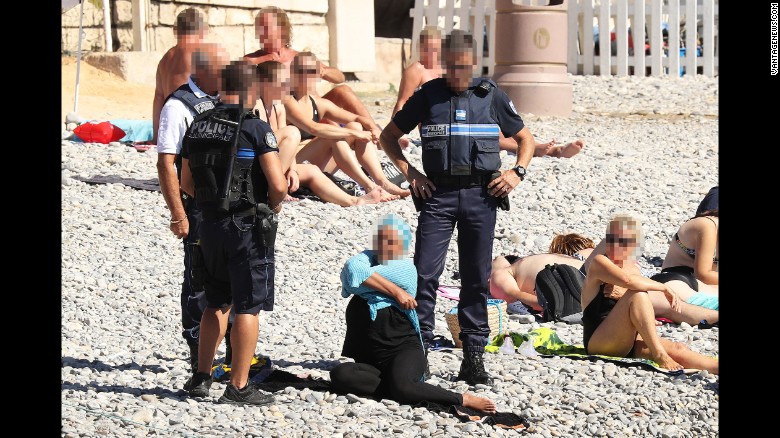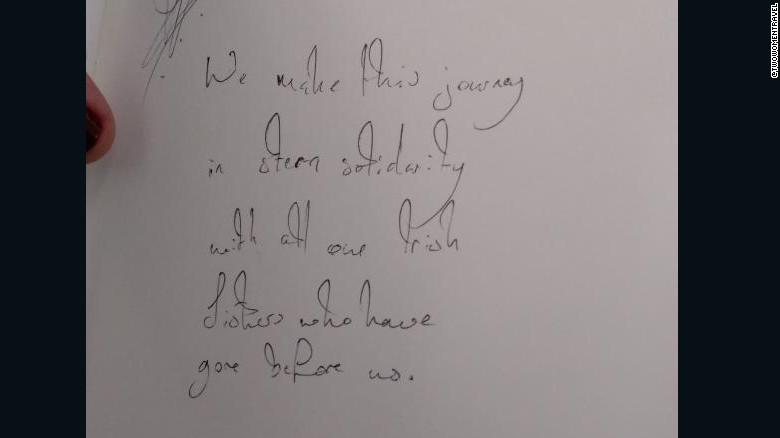by Yesim Usluca
Impunity Watch Reporter, Middle East
CAIRO, Egypt — Malek Adly, an Egyptian human rights lawyer, was released from prison on Sunday after he was arrested in May 2016 over protests against President Abdel Fattah al-Sisi’s decision to hand over two Red Sea islands to Saudi Arabia.

In April 2016, President Sisi handed over the two islands, Sanafir and Tiran, to Saudi Arabia on the grounds that they had always belonged to the country and were only leased to Egypt. This act was criticized by Egyptians as unconstitutional, leading to widespread protests throughout Egypt. Mr. Adly argued that the islands belonged to Egypt, and joined a group of journalists supporting the protests. Following the rallies, the Egyptian government arrested over 100 people for either participating in peaceful protests or spreading false information.
Mr. Adly was arrested in May 2016 on accusations of plotting a coup and spreading false information. His spouse and lawyers stated that he was placed in solitary confinement, denied visits for two weeks, and assaulted by guards. Following Mr. Adly’s arrest, in May 2016, reporters for the United Nations issued a statement expressing concern over the “worsening crackdown on peaceful protests” in Egypt. These reporters further urged the government to bring an end to “disproportionate reactions.”
On Thursday, August 25th, a Cairo court accepted Mr. Adly’s petition against his detention, and granted a release. The prosecution, however, filed an appeal against this decision to extend his detention. On Saturday, August 27th, the Egyptian courts rejected this appeal, and ordered his release. Despite issuance of this order, Mr. Adly had not been set free as of the morning of Sunday, August 28th. Rights groups and activists criticized the delayed process. A statement signed by sixteen entities, including political parties and NGOs, indicated that delays such as this were “common.” The statement further provided that the practice is considered unlawful detention as the aim in the delay is to obstruct the releasing procedures.
Mr. Adly was eventually released from prison on Sunday, August 28th. His lawyer, Mr. Mahmoud Belal, however, stated that he does not know what will happen next as the Egyptian government could try to detain him once again.
For more information, please see:
Associated Press — Egypt Court Releases Lawyer Who Defied President — 28 August 2016
BBC News — Egypt crackdown widens with arrest of leading rights lawyer — 6 May 2016
Daily News Egypt — Condemnations pour after Malek Adly’s delayed release — 28 August 2016
Human Rights Watch — Egypt: Scores of Protesters Jailed Unjustly — 25 May 2016


